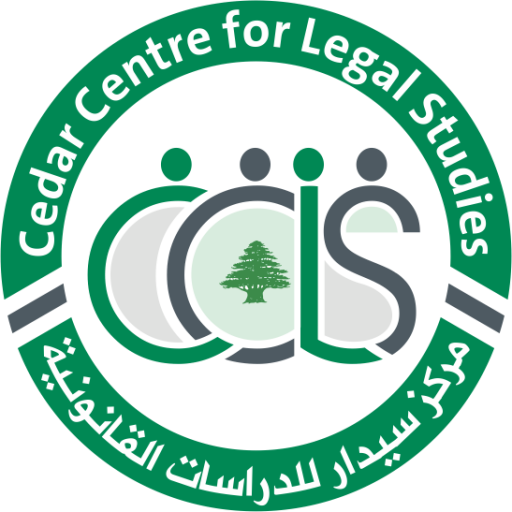“From the Shock of War to a New Life: A Syrian Family’s Experience with the CCLS Rehabilitation Centre for victims of Torture”
“We were living our lives in Homs normally until 2012 came, and the war began to invade our days,” says VTC35, her eyes reflecting traces of anxiety and fear.
The first displacement was internal, from Homs to the coast in an attempt to escape the destruction and massacres that swept through the entire neighbourhood. We could hear the sounds of gunfire and explosions from afar, and the children were extremely scared… My little daughter started stuttering and had trouble speaking because of everything she witnessed,” adds VTC35, her voice calm yet filled with pain.
The family tried to return to Homs, but the reality was harsher and more dangerous. Homes were destroyed, their possessions confiscated, and the security situation was fragile, with continuous threats due to their sectarian affiliation. On one of their worst days, the father was kidnapped while returning home for work-related reasons. VTC35 recalls: “I was very scared, I didn’t know what had happened to him… The children were terrified, and I felt like our whole life was falling apart.” After hours of anxiety and fear, he was released following a split of opinion among the armed groups, prompting the family to consider moving away from danger.
The situation on the Syrian coast worsened, forcing the family to flee quickly to their relatives’ home. VTC32 says: “The situation became unbearable… Every day there was shelling, chaos, and threats. We lived as if we could become a corpse at any moment… We didn’t know when something could hit us. The greatest danger was to me, and therefore to my family. We fled to our relatives’ home, but even there we couldn’t stay, as I was being threatened by certain parties.”
Eventually, the family’s journey took them to northern Lebanon, where they began to feel a little safe, but new challenges awaited them. During this phase, while at the Lebanese-Syrian border, they learned about the CCLS Rehabilitation Centre for Torture Survivors. They reached out and began a new chapter of their life in a safe environment.
Upon arriving at the centre in Tripoli, the centre welcomed the entire family and listened to them with patience and care. VTC35 says: “For the first time, we felt that someone was listening to our story and understanding our suffering.”
Services the family received at CCLS rehabilitation centre:
- The children attended specialized psychological therapy sessions and medical consultations. The young daughter received intensive follow-up until she gradually overcame the speech problems caused by trauma and war.
- All family members underwent comprehensive medical tests and examinations.
- The father (VTC32) and mother (VTC35) received psychological and social support sessions that restored their self-confidence, in addition to medical and physical therapy that helped them recover from physical effects.
VTC35, smiling, says: “We saw great improvement in all of us. The children began to sleep peacefully and reclaim their childhood, while we adults received psychological and social support, along with medical and physical treatment that restored our confidence.”
Centres like CCLS are more than just places for treatment… they are havens of peace and safety, where the voices of survivors are heard, mental and physical wounds are treated, and dignity is restored. Without such centres, many people might remain lost, and the psychological effects of torture could last a lifetime. Today, we are able to smile again thanks to CCLS, and we hope such support remains available to everyone who needs it.
VTC32 adds: “Now we can plan our future with greater confidence, and the children live in a somewhat safe environment after everything they have experienced. Rehabilitation centres like CCLS are not a luxury, they are a humanitarian necessity. Every torture survivor needs a safe place that listens, helps, and guides them toward a new life. These centres make a real difference between a life filled with fear and pain and a life that can be rebuilt with hope and safety.”
The family began to think about the future differently. VTC32 says: “We realized that we might never return to our homeland… We are now thinking about building a new life here in Lebanon, or maybe in another country, through resettlement applications, to ensure a safer and more stable life for our children.”
Conclusion:
At the end of the conversation, the family sat quietly, as if taking a breath for the first time in many years. The words of VTC35 and VTC32 intertwined between the pain they endured and the hope they had found anew. Their story was no longer just about displacement or suffering, it became an example that no matter how deep the wounds, healing is possible when someone listens, embraces, and provides space for recovery.
This Syrian family is not an exceptional case; it represents hundreds of families carrying the scars of war and torture in their bodies and memories. But the presence of centres like CCLS makes a clear difference: from a life trapped in fear and anxiety to a new beginning built on safety and dignity.
Their story encapsulates a single truth: that hope is born from care, and that listening can rebuild a person entirely. As long as there are those who open doors for families like these, life will continue to triumph over war.
